Effective Storm Restoration Timing
Storm restorations are most effective when performed promptly after storm events to minimize damage and prevent further deterioration. The optimal time for such restorations depends on weather patterns, regional climate, and the severity of recent storms.
Conducting inspections immediately after storms helps identify damage early and plan effective restoration efforts.
Performing restorations during calmer weather periods can reduce risks and improve work quality.
Dry, mild weather conditions are ideal for storm restorations, ensuring safety and durability of repairs.
Understanding local storm seasons allows for strategic planning of restoration projects during less active periods.
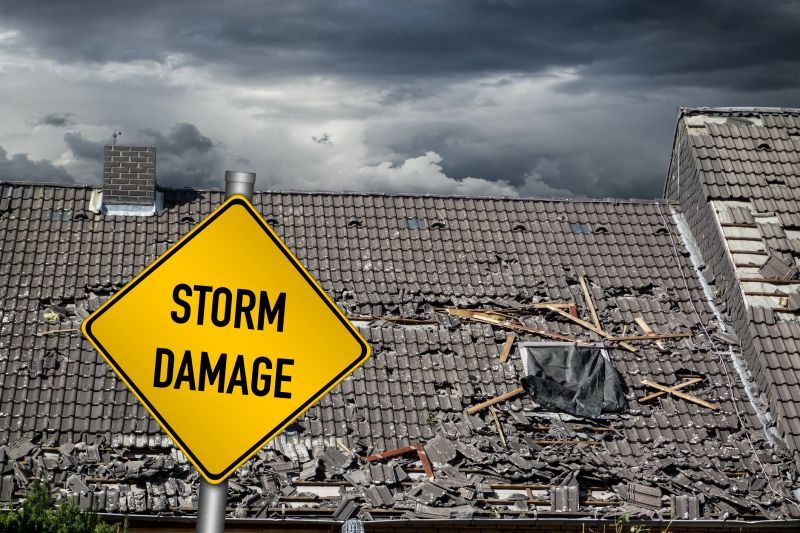
Evaluating damage quickly after storms ensures timely restoration.
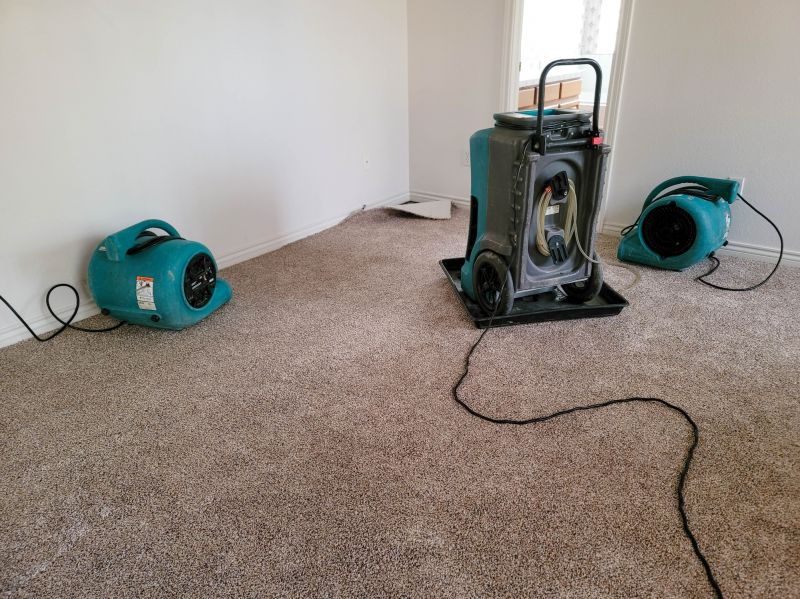
Using proper tools during optimal weather conditions improves results.
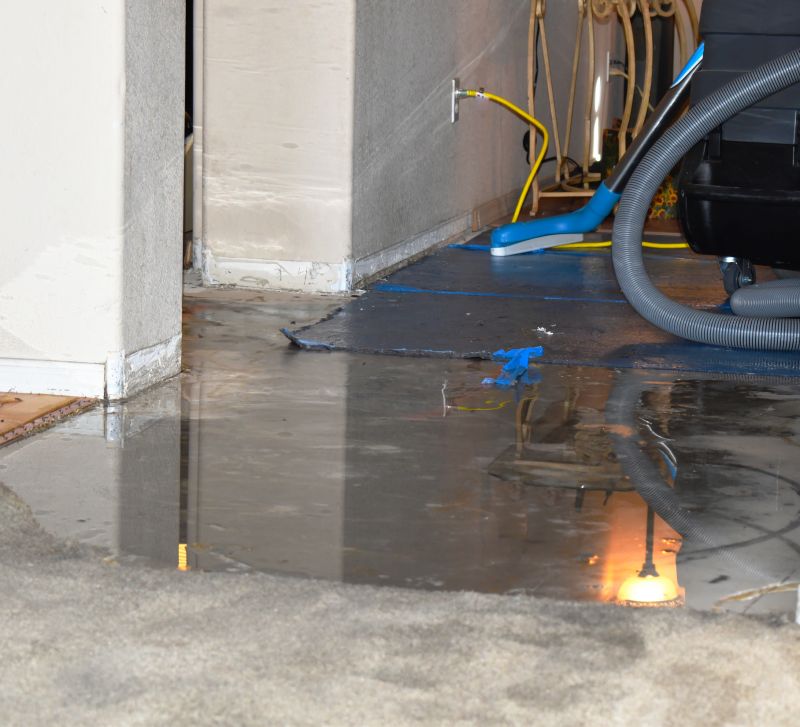
Rapid action minimizes long-term damage.
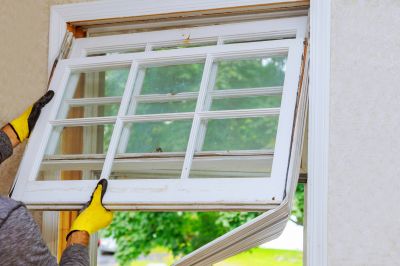
Ways to make Storm Restorations work in tight or awkward layouts.
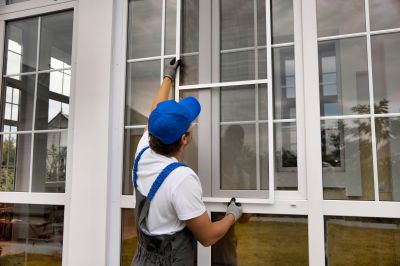
Popular materials for Storm Restorations and why they hold up over time.

Simple add-ons that improve Storm Restorations without blowing the budget.
| Storm Season | Optimal Restoration Period |
|---|---|
| Spring | Immediately after storms or during dry spells |
| Summer | Post-hurricane or severe storm events |
| Fall | During mild weather windows |
| Winter | When weather permits safe restoration |
| Regional Variations | Adjust based on local storm activity |
Storm restorations involve repairing damage caused by high winds, heavy rain, hail, and other storm-related impacts. Effective restoration minimizes structural risks, restores safety, and preserves property value. Statistics show that timely repairs can reduce repair costs by up to 30 percent and prevent secondary issues such as mold or rot. Proper planning and execution during suitable weather conditions ensure long-lasting results and safety for workers and property occupants.
